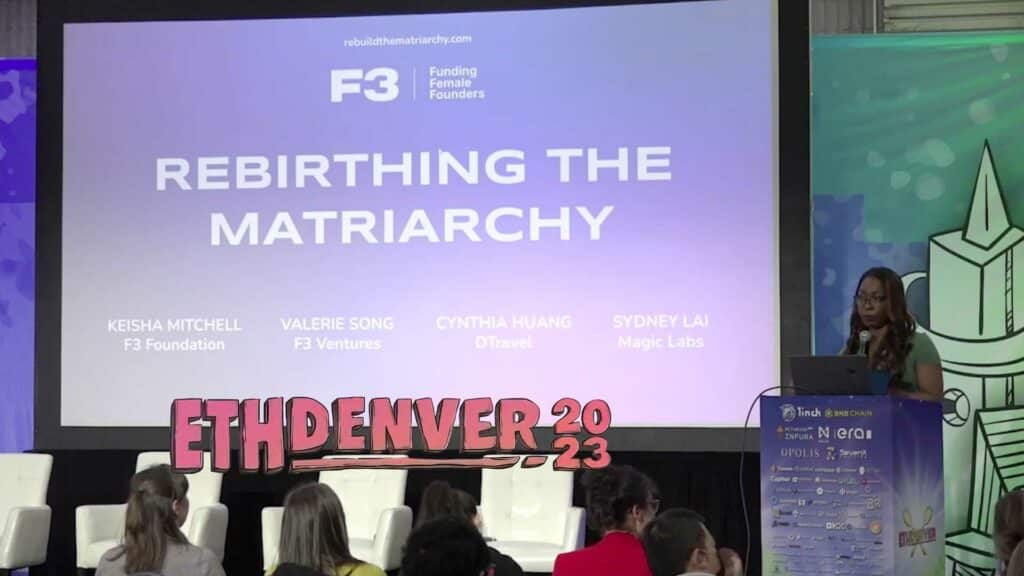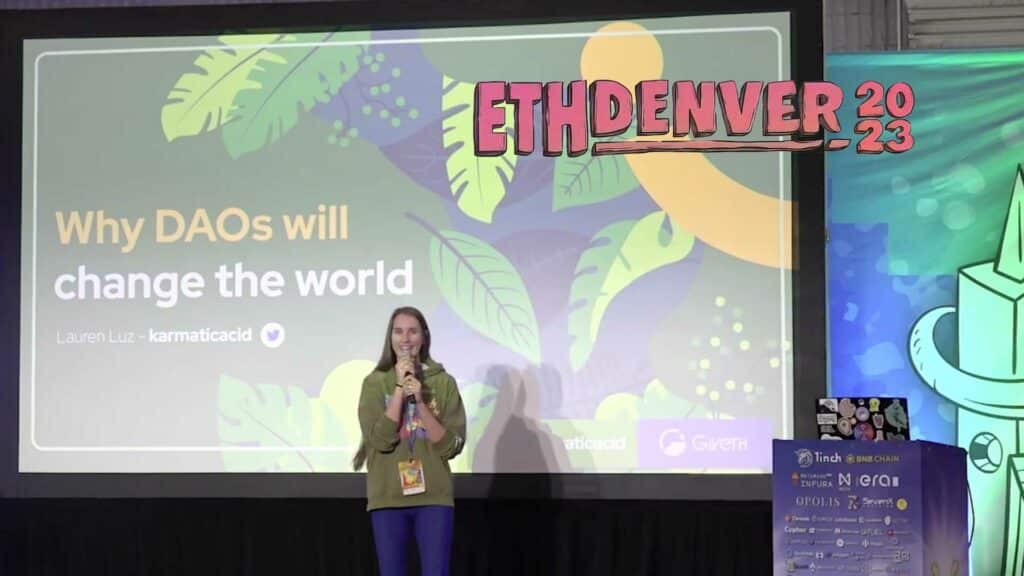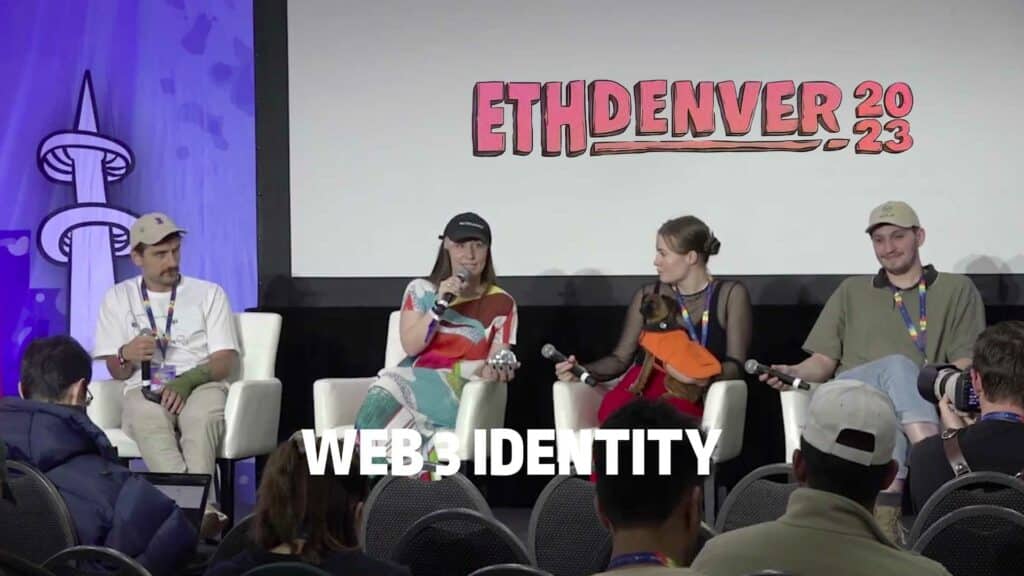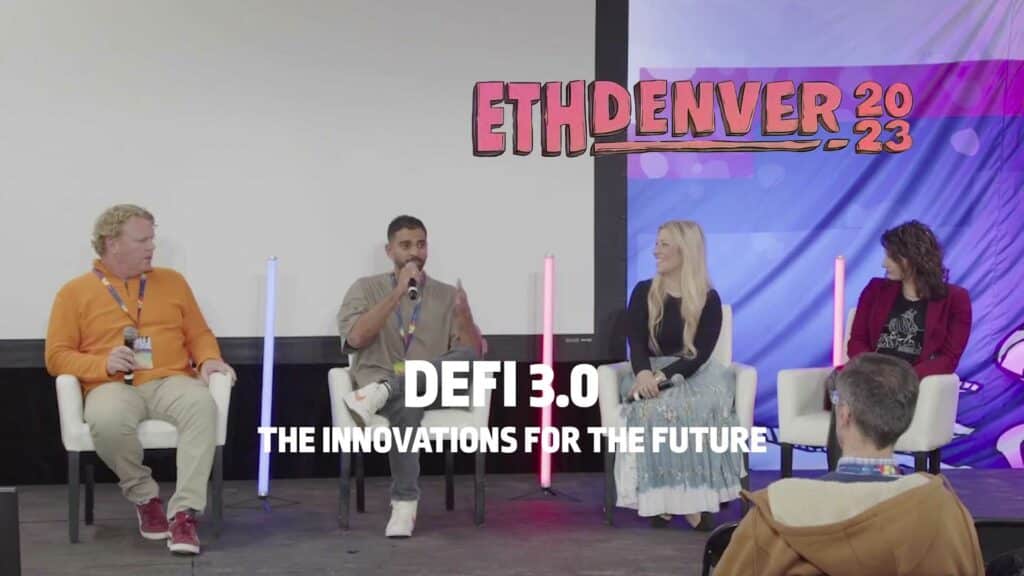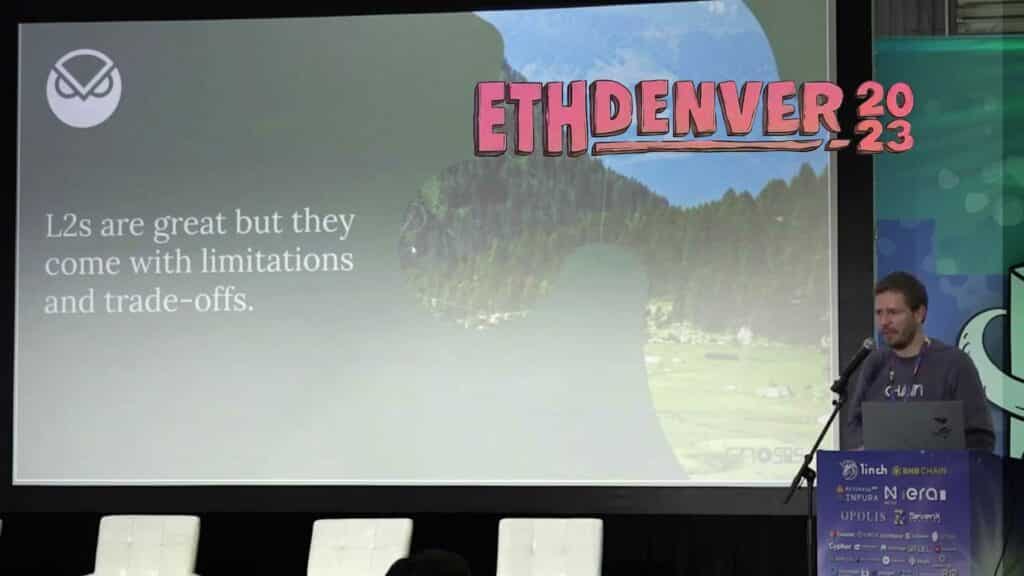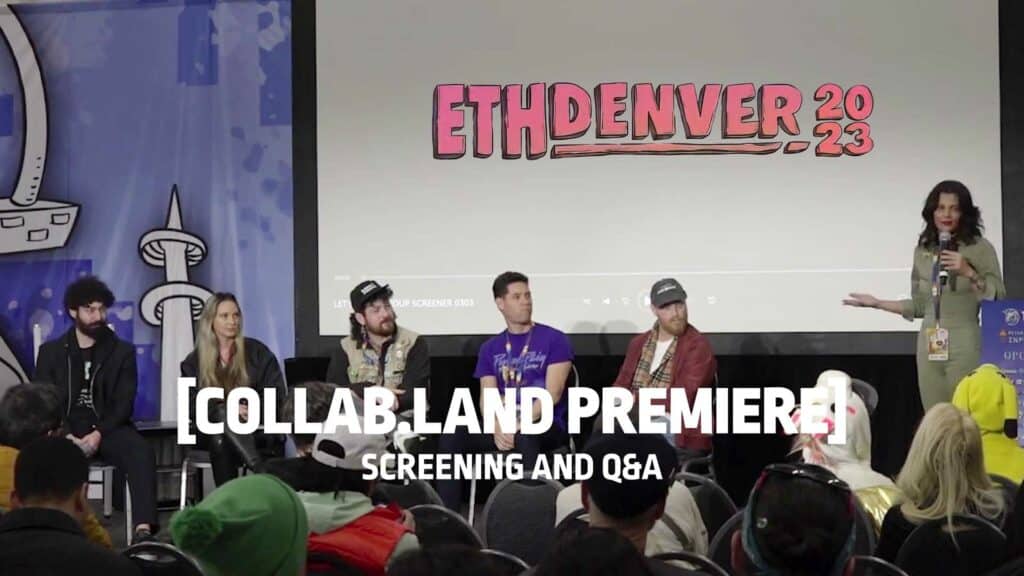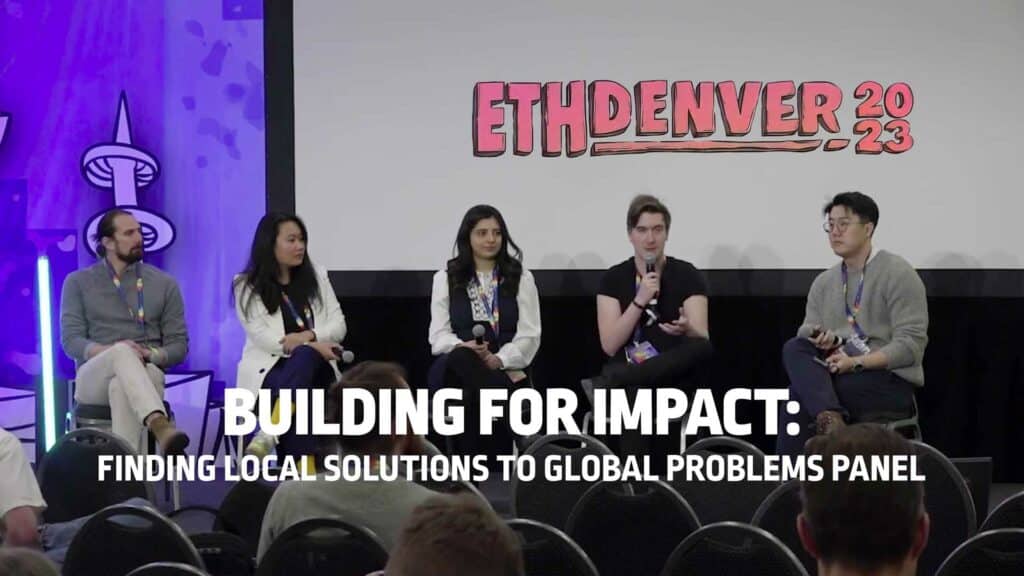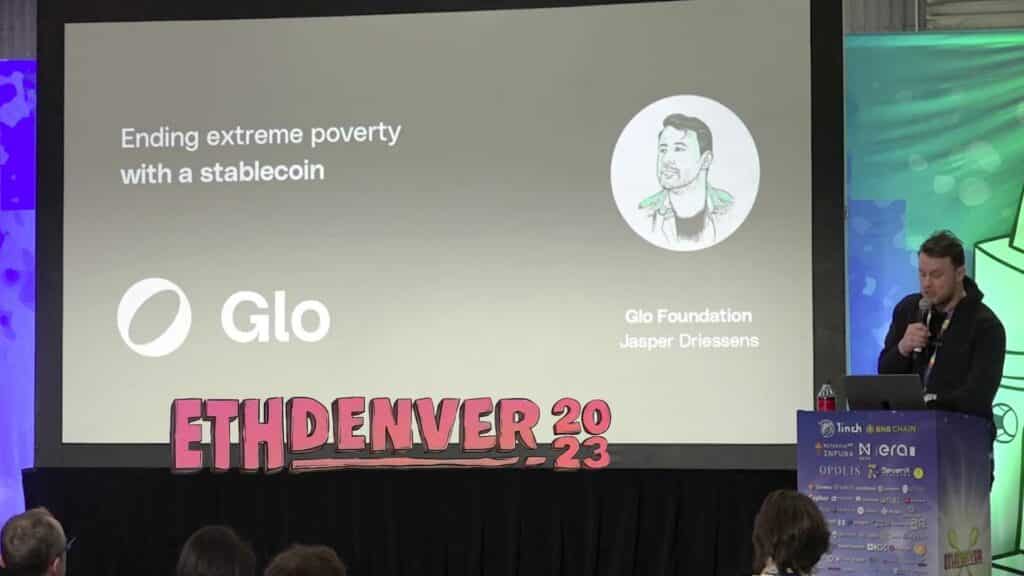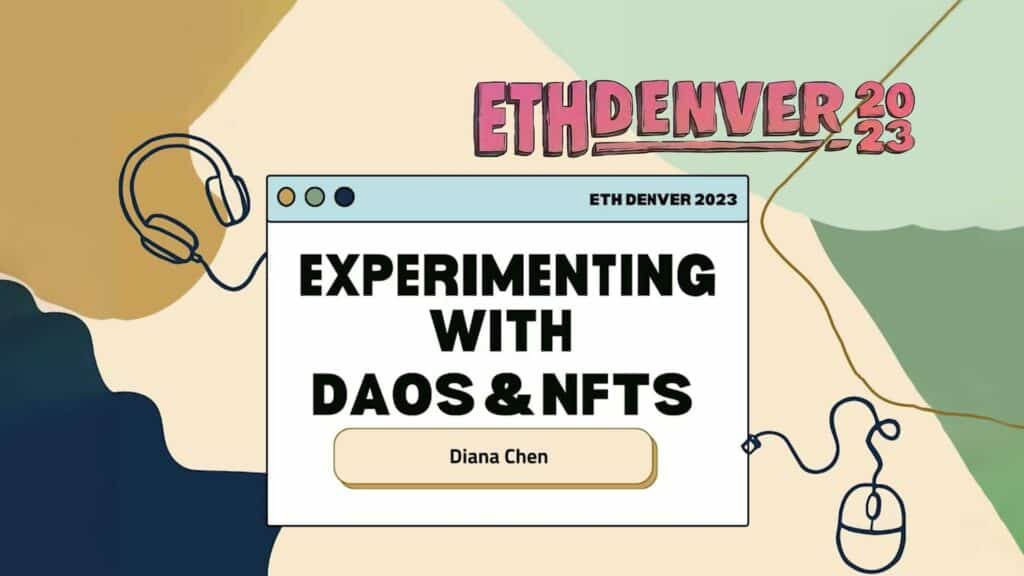Kelvin Fichter (Benevolent Chaos Monkey and The Optimism Collective), Kames Geraghty (District Labs), Masha Healy
(Co-Founder / Grants Lead, and Impact Cards / Celo Foundation), Evin McMullen (CEO & Co-Founder Disco.xyz )
We used to live in a world where the only input to an individual’s reputation and identity was their word. After all, “A man is only as good as his word.”
Now we face the opposite problem: too many inputs from too many unverified sources. It’s less about your word and whatever words an algorithm places on top of a search field.
At its core, Web3 can take promises made with words and verify them with actions, putting your wallet address where your mouth is. But how should this information be visualized? How do we unify a user’s identity, protect their privacy, and verify sources contributing to this identity? How do we take work out of silos and collaborate? What does reputation look like in this new ecosystem?
Disco is creating data backpacks for off-chain credentials. Optimism has started widely adopting on-chain NFT quests, and impact cards are measuring impact on and off-chain, and so on. As more projects try to represent the multifaceted actions and build the Web3 persona, let’s ask some tough questions about what this should look like, existing projects philosophies on web3 identity, and, more importantly, where should this information live on-chain, off-chain, and both?
EthDenver attendees are the stewards of identity and reputation now and what it will look like in the future. The ideas shared in this panel will spread into the work that builders are doing and become a point of consideration for users. How will this project contribute to building the Web3 persona, how do you want to be represented in Web3, and do you agree with this approach? An individual chooses their words and their actions, but it’s up to us to find a way for them to relay this to the broader Web3 ecosystem accurately. “
